The Titans of the World: Top 100 Most Influential People In History
Dinis GuardaAuthor
Thu Jan 09 2025

Who are the Most Influential People in History? Who are the humans that touched more people in the whole history of Humanity from the first civilisations and that remain influential after their death by their work, achievements and capacity to change lives and history.
Who are the Most Influential People in History? Who are the humans that touched more people in the whole history of Humanity from the first civilisations and that remain influential after their death by their work, achievements and capacity to change lives and history.
The list of the 100 most influential people in history can vary depending on criteria and perspective, but a solid list that includes a range of figures from different areas such as the way people change the fate of the people of their times and impact they had and still have in leadership, politics, science, philosophy, religion, and arts.
These most influential humans are individuals who have had profound impacts on the world, both during their lives and long after their deaths.
Here is the list of the top 100 most influential people in history:
Aristotle (384-322 BC)
Greek philosopher and polymath, Aristotle was a student of Plato and tutor to Alexander the Great. He made significant contributions to numerous fields, including ethics, logic, biology, and political theory, and his works laid the foundation for Western intellectual traditions.
Confucius (551-479 BC)
Chinese philosopher and teacher, Confucius emphasised morality, social harmony, and filial piety. His teachings became the basis for Confucianism, which influenced Chinese culture and governance for centuries.
Socrates (470-399 BC)
Greek philosopher known for his method of questioning to explore ethics and knowledge. His ideas, passed down through his student Plato, form the cornerstone of Western philosophy.
Plato (427-347 BC)
A disciple of Socrates, Plato founded the Academy in Athens, one of the first institutions of higher learning. His philosophical dialogues, such as The Republic, explored justice, politics, and metaphysics.
Homer (8th Century BC)
Ancient Greek epic poet traditionally credited with composing The Iliad and The Odyssey. His works are foundational texts in Western literature, depicting heroic tales and Greek mythology.
Alexander the Great (356-323 BC)
King of Macedonia who created one of history's largest empires, stretching from Greece to India. His conquests spread Greek culture and influence throughout the known world.
Julius Caesar (100-44 BC)
Roman general and statesman who played a critical role in the fall of the Roman Republic and rise of the Roman Empire. He is remembered for his military campaigns and his assassination on the Ides of March.
Augustus Caesar (63 BC-14 AD)
First Roman Emperor, Augustus transformed the Roman Republic into the Roman Empire. His reign marked the beginning of the Pax Romana, a period of relative peace and stability.
Jesus Christ (4 BC-30/33 AD)
Central figure of Christianity, believed by followers to be the Son of God and saviour of humanity. His teachings and life events are the foundation of one of the world's major religions.
Zhang Heng (78-139 AD)
Chinese polymath, astronomer, and inventor during the Han Dynasty. He is renowned for his invention of the first seismometer to detect earthquakes and his significant contributions to astronomy, mathematics, and mechanical engineering.
Gautama Buddha (563-483 BC)
Founder of Buddhism, he taught the path to enlightenment through the Four Noble Truths and the Eightfold Path. His teachings focus on ending suffering and achieving inner peace.
Moses (Circa 13th Century BC)
Key prophet in Judaism, Christianity, and Islam, Moses led the Israelites out of slavery in Egypt. He is traditionally credited with receiving the Ten Commandments on Mount Sinai.
Paul the Apostle (5-64/67 AD)
Early Christian missionary who played a key role in spreading Christianity throughout the Roman Empire. His letters form a significant portion of the New Testament.
St Augustine (354-430 AD)
Influential Christian theologian and philosopher, known for integrating classical thought with Christian doctrine. His works, including Confessions and City of God, shaped medieval Christian theology.
Constantine the Great (272-337 AD)
Roman Emperor who converted to Christianity and issued the Edict of Milan, legalising the religion. He founded Constantinople, which became a major centre of the Byzantine Empire.
Charlemagne (742-814 AD)
King of the Franks who united much of Western Europe during the early Middle Ages. He was crowned Holy Roman Emperor and promoted education and cultural revival.
Thomas Aquinas (1225-1274 AD)
Medieval philosopher and theologian who combined Christian theology with Aristotelian philosophy. His works, such as Summa Theologica, are considered milestones in Scholasticism.
Genghis Khan (1162-1227 AD)
Founder of the Mongol Empire, the largest contiguous empire in history. He united the Mongol tribes and conquered vast territories across Asia and Europe.
Martin Luther (1483-1546 AD)
German theologian who initiated the Protestant Reformation by challenging Catholic Church practices. His translation of the Bible into German made religious texts accessible to the common people.
Galileo Galilei (1564-1642 AD)
Italian astronomer and physicist who made groundbreaking observations with his telescope, confirming the heliocentric theory. His work laid the foundation for modern physics and astronomy.
Nicolaus Copernicus (1473-1543 AD)
Mathematician and astronomer who proposed the heliocentric model of the universe. His work marked the beginning of the Scientific Revolution.
Leonardo da Vinci (1452-1519 AD)
Renaissance polymath renowned for his art, such as Mona Lisa and The Last Supper, and his scientific sketches. His works demonstrate a remarkable blend of art, science, and innovation.
Michelangelo (1475-1564 AD)
Italian Renaissance artist known for masterpieces like the Sistine Chapel ceiling and the statue of David. He was also an accomplished architect and poet.
Christopher Columbus (1451-1506 AD)
Italian navigator whose voyages led to the European discovery of the Americas. His expeditions initiated centuries of exploration and colonisation.
William Shakespeare (1564-1616 AD)
English playwright and poet, often regarded as the greatest writer in the English language. His works, including Hamlet and Macbeth, explore timeless themes of human experience.
Johann Gutenberg (1400-1468 AD)
German inventor who introduced the movable-type printing press to Europe. His invention revolutionised communication and facilitated the spread of knowledge.
Isaac Newton (1643-1727 AD)
English physicist and mathematician who formulated the laws of motion and universal gravitation. His work laid the foundation for classical mechanics and modern science.
John Locke (1632-1704 AD)
English Enlightenment philosopher known for his ideas on natural rights and government by consent. His works influenced the development of liberal political theory.
Voltaire (1694-1778 AD)
French Enlightenment writer and philosopher who championed freedom of speech, religion, and expression. His wit and critique of institutional authority shaped Enlightenment ideals.
Adam Smith (1723-1790 AD)
Scottish economist and philosopher, known as the "Father of Economics". His book, The Wealth of Nations, laid the foundation for modern economic theory.
Thomas Jefferson (1743-1826 AD)
American Founding Father and principal author of the Declaration of Independence. He served as the third President of the United States and championed individual rights.
Napoleon Bonaparte (1769-1821 AD)
French military leader and emperor who dominated European affairs in the early 19th century. His Napoleonic Code influenced legal systems worldwide.
Karl Marx (1818-1883 AD)
German philosopher, economist, and revolutionary who co-authored The Communist Manifesto. His ideas laid the groundwork for modern socialism and communism.
Charles Darwin (1809-1882 AD)
English naturalist who developed the theory of evolution by natural selection. His book On the Origin of Species revolutionised the understanding of biology.
Albert Einstein (1879-1955 AD)
German-born physicist who developed the theory of relativity, transforming modern physics. He won the Nobel Prize for his explanation of the photoelectric effect.
Louis Pasteur (1822-1895 AD)
French scientist who pioneered germ theory and developed vaccines for diseases like rabies. He also introduced pasteurisation to prevent food spoilage.
Sigmund Freud (1856-1939 AD)
Austrian neurologist and founder of psychoanalysis, a method for treating mental disorders. His theories on the unconscious mind shaped modern psychology.
Mahatma Gandhi (1869-1948 AD)
Leader of India's non-violent independence movement against British colonial rule. His philosophy of non-violence inspired civil rights movements worldwide.
Winston Churchill (1874-1965 AD)
British Prime Minister during World War II, known for his leadership and inspiring speeches. He played a crucial role in the Allied victory.
Franklin D. Roosevelt (1882-1945 AD)
The 32nd President of the United States, Roosevelt led the country through the Great Depression and World War II. He introduced the New Deal programmes to combat economic hardships and established a strong wartime alliance.
Mikhail Gorbachev (1931-2022 AD)
The last leader of the Soviet Union, Gorbachev introduced reforms such as glasnost (openness) and perestroika (restructuring). His policies played a significant role in ending the Cold War and dissolving the USSR.
Nelson Mandela (1918-2013 AD)
South African anti-apartheid revolutionary and the first black President of South Africa. Mandela spent 27 years in prison and became a global symbol of peace and reconciliation.
Martin Luther King Jr. (1929-1968 AD)
American civil rights leader who advocated for racial equality through non-violent protest. His leadership in the Montgomery Bus Boycott and his "I Have a Dream" speech made him a key figure in the fight against racial segregation.
Mother Teresa (1910-1997 AD)
Catholic nun and missionary who dedicated her life to serving the poor and sick, especially in Kolkata, India. She was awarded the Nobel Peace Prize for her humanitarian work.
Bill Gates (1955-Present)
Co-founder of Microsoft and one of the world's most influential philanthropists. His innovations in technology revolutionised computing, and his foundation addresses global health and education issues.
Steve Jobs (1955-2011 AD)
Co-founder of Apple, credited with revolutionising personal computing and consumer technology. His products, such as the iPhone and Mac, transformed the technology landscape.
Marie Curie (1867-1934 AD)
Polish-French physicist and chemist, known for her pioneering research on radioactivity. She was the first woman to win a Nobel Prize and remains the only person to win in two different sciences.
Stephen Hawking (1942-2018 AD)
British theoretical physicist and cosmologist, renowned for his work on black holes and the nature of the universe. His book A Brief History of Time brought complex scientific ideas to a wider audience.
Leonhard Euler (1707-1783 AD)
Swiss mathematician and physicist who made major contributions to calculus, graph theory, and mechanics. His works continue to influence modern mathematics and engineering.
Antonie van Leeuwenhoek (1632-1723 AD)
Dutch scientist often called the "Father of Microbiology". He improved the microscope and was the first to observe microorganisms.
Zoroaster (Circa 6th Century BC)
Ancient Iranian prophet and founder of Zoroastrianism. His teachings centred on the duality of good and evil and influenced later religions like Judaism, Christianity, and Islam.
Abraham Lincoln (1809-1865 AD)
The 16th President of the United States, Lincoln led the country through the Civil War. He abolished slavery through the Emancipation Proclamation and preserved the Union.
Adolf Hitler (1889-1945 AD)
Dictator of Nazi Germany, responsible for World War II and the Holocaust. His aggressive policies and ideology caused immense destruction and loss of life.
Akbar the Great (1542-1605 AD)
Mughal emperor who promoted religious tolerance and cultural integration in India. His rule strengthened the Mughal Empire and left a lasting legacy.
Alexander Graham Bell (1847-1922 AD)
Scottish-born inventor of the telephone, which revolutionised communication. He also made contributions to aeronautics and education for the deaf.
Archimedes (287-212 BC)
Ancient Greek mathematician, engineer, and inventor, known for his work in geometry and mechanics. He is credited with the discovery of the principle of buoyancy.
Benjamin Franklin (1706-1790 AD)
American polymath, Founding Father, and inventor of the lightning rod. He played a key role in drafting the U.S. Constitution and advancing scientific knowledge.
Cyrus the Great (600-530 BC)
Founder of the Persian Empire, known for his enlightened and tolerant rule. He issued the Cyrus Cylinder, often considered the first declaration of human rights.
Dalai Lama (1935-Present)
Spiritual leader of Tibetan Buddhism and advocate for peace and compassion. He is a global symbol of non-violence and recipient of the Nobel Peace Prize.
Dante Alighieri (1265-1321 AD)
Italian poet and author of The Divine Comedy, a seminal work in Western literature. His writings explore themes of morality, religion, and human nature.
Desmond Tutu (1931-2021 AD)
South African Anglican bishop and anti-apartheid activist. He received the Nobel Peace Prize for his efforts in fighting racial injustice.
Elizabeth I (1533-1603 AD)
Queen of England who presided over the Elizabethan Age, a time of cultural flourishing. Her reign strengthened England's political power and established Protestantism.
Euclid (Circa 300 BC)
Ancient Greek mathematician, often called the "Father of Geometry". His work Elements became a foundational text in mathematics for centuries.
Florence Nightingale (1820-1910 AD)
English nurse and founder of modern nursing. She improved hospital sanitation and played a crucial role in healthcare reform.
George Washington (1732-1799 AD)
First President of the United States and leader of the American Revolutionary War. He set the precedent for democratic leadership in the new nation.
Gregor Mendel (1822-1884 AD)
Austrian scientist and "Father of Genetics", known for his experiments with pea plants. His discoveries laid the foundation for modern genetics.
Guglielmo Marconi (1874-1937 AD)
Italian inventor of the wireless telegraph, which paved the way for modern radio communication. He won the Nobel Prize in Physics for his contributions.
Hammurabi (Circa 1810-1750 BC)
Babylonian king known for creating one of the earliest written legal codes, the Code of Hammurabi. His laws established justice and order in his empire.
Henry Ford (1863-1947 AD)
American industrialist who revolutionised manufacturing with the assembly line. He made automobiles affordable and accessible to the masses.
Hippocrates (460-370 BC)
Ancient Greek physician known as the "Father of Medicine". He established ethical standards for medical practice, known as the Hippocratic Oath.
Ivan the Terrible (1530-1584 AD)
First Tsar of Russia, known for his centralisation of power and harsh rule. His reign marked the beginning of autocracy in Russia.
James Watt (1736-1819 AD)
Scottish inventor and mechanical engineer who improved the steam engine. His work was instrumental to the Industrial Revolution.
Joan of Arc (1412-1431 AD)
French heroine and saint who led the French army to victories during the Hundred Years' War. She was captured and executed but later canonised as a saint.
Laozi (6th Century BC)
Ancient Chinese philosopher and founder of Taoism. His work, the Tao Te Ching, outlines principles of harmony and balance in life.
Mansa Musa (1280-1337 AD)
Emperor of the Mali Empire, known for his immense wealth and pilgrimage to Mecca. His reign contributed to the cultural and economic prosperity of West Africa.
Mao Zedong (1893-1976 AD)
Founding father of the People's Republic of China and leader of the Chinese Communist Party. He initiated significant but controversial policies like the Great Leap Forward and the Cultural Revolution.
Marcus Aurelius (121-180 AD)
Roman Emperor and Stoic philosopher, known for his work Meditations. His reign is considered the last of the Pax Romana, a period of peace in the Roman Empire.
Mary Wollstonecraft (1759-1797 AD)
English writer and advocate for women's rights, author of A Vindication of the Rights of Woman. She argued for gender equality in education and society.
Mozart (1756-1791 AD)

Austrian composer and musical prodigy, known for masterpieces like The Marriage of Figaro and Requiem. His works are celebrated for their technical brilliance and emotional depth.
Nikola Tesla (1856-1943 AD)
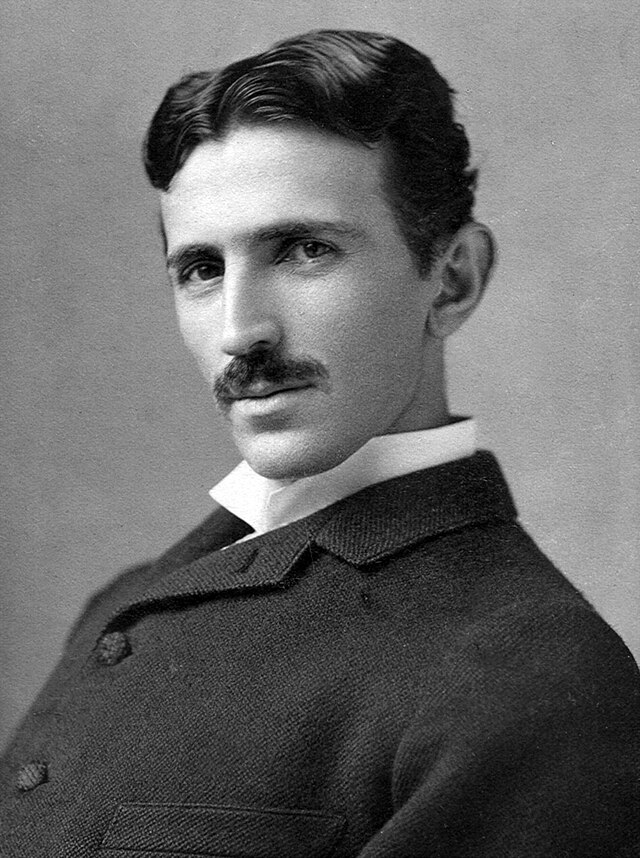
Serbian-American inventor and engineer who developed alternating current (AC) electricity systems. His visionary work in electrical engineering laid the groundwork for modern power systems.
Otto von Bismarck (1815-1898 AD)

Prussian statesman who unified Germany in the 19th century. His diplomacy and policies shaped modern Europe and established Germany as a major power.
Pablo Picasso (1881-1973 AD)

Spanish artist and co-founder of the Cubist movement, known for works like Guernica. He is one of the most influential artists of the 20th century.
Pope Gregory I (540-604 AD)

Known as Gregory the Great, he reformed the Church and promoted Gregorian Chant. He strengthened the papacy and the spread of Christianity in Europe.
Ptolemy (Circa 100-170 AD)
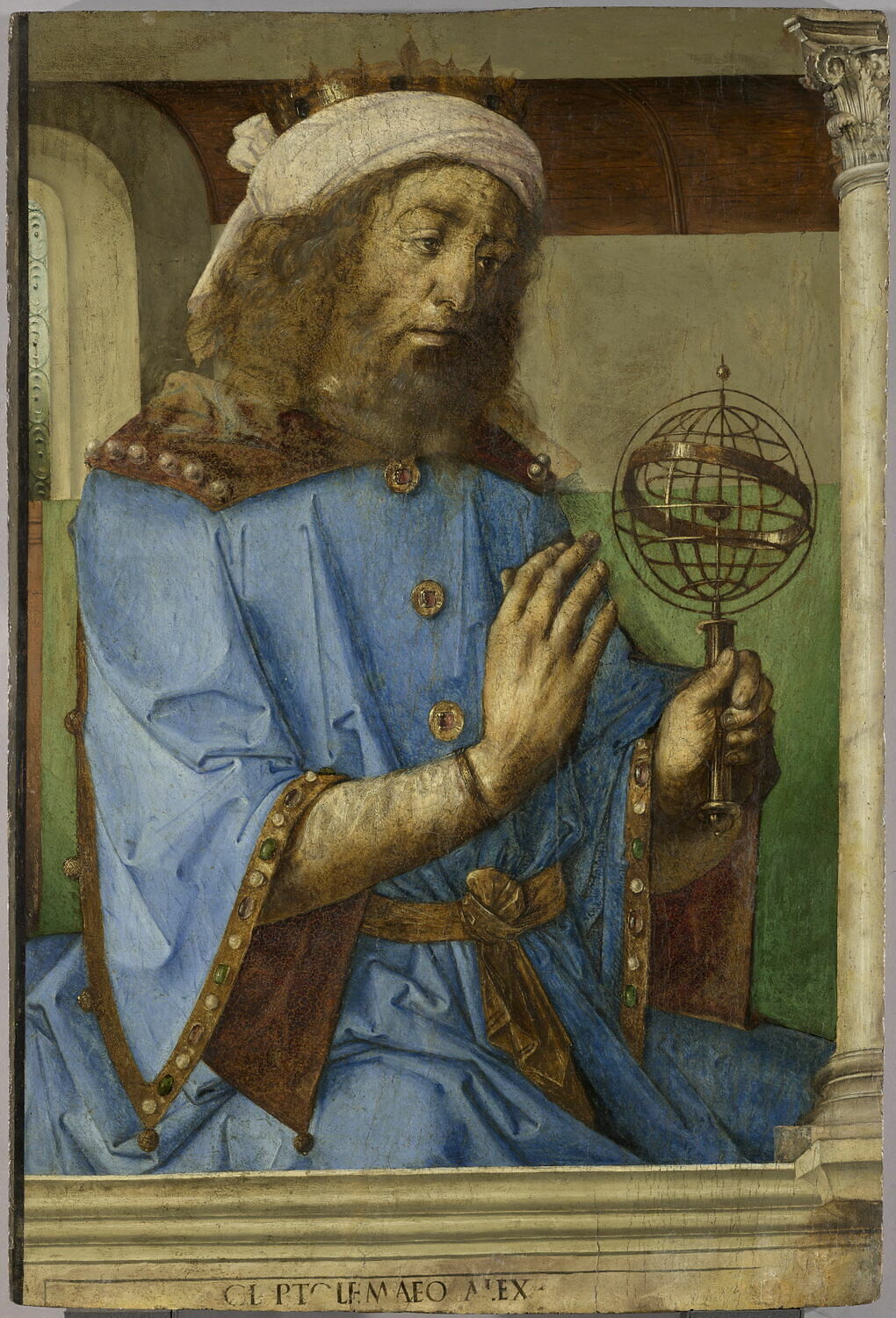
Ancient Greek astronomer and geographer, known for the geocentric model of the universe. His works influenced astronomy for over a millennium.
Pythagoras (Circa 570-495 BC)

Ancient Greek mathematician and philosopher, best known for the Pythagorean theorem. He founded a philosophical and religious movement that emphasised mathematics and harmony.
Queen Victoria (1819-1901 AD)
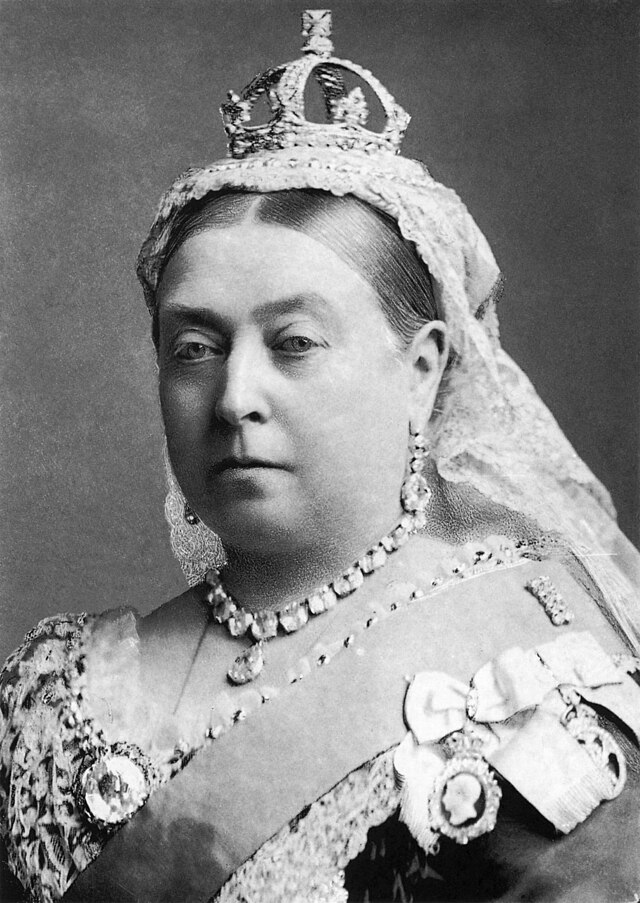
British monarch who presided over the Victorian Era, a time of industrial, cultural, and political change. Her reign saw the expansion of the British Empire to its peak.
Ramses II (Circa 1303-1213 BC)

Egyptian pharaoh renowned for his military leadership and monumental building projects, including Abu Simbel. He is often regarded as one of Egypt's greatest rulers.
René Descartes (1596-1650 AD)

French philosopher and mathematician, known as the "Father of Modern Philosophy". His famous phrase "Cogito, ergo sum" ("I think, therefore I am") underscores his rationalist approach.
Rosa Parks (1913-2005 AD)

American civil rights activist whose refusal to give up her bus seat sparked the Montgomery Bus Boycott. She became a symbol of resistance to racial segregation.
Rumi (1207-1273 AD)

Persian poet and mystic, whose spiritual writings, including Masnavi, emphasise love, unity, and self-discovery. His works remain widely read and celebrated globally.
Vincent van Gogh (1853-1890 AD)

Dutch post-impressionist painter known for works like Starry Night and Sunflowers. His emotionally charged art greatly influenced modern art despite his struggles with mental illness.
William Harvey (1578-1657 AD)

English physician who discovered the circulation of blood and its role in the body. His findings revolutionised the understanding of human physiology.
Wright Brothers (Orville: 1871-1948 AD; Wilbur: 1867-1912 AD)

American inventors and pioneers of aviation who achieved the first successful powered flight in 1903. Their innovations transformed transportation and exploration.
Zara Yaqob (1399-1468 AD)
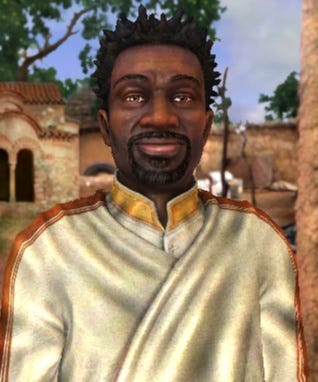
Ethiopian emperor and religious reformer who strengthened the Ethiopian Orthodox Church. He promoted moral governance and religious unity in his empire.
Frida Kahlo (1907-1954 AD)

Mexican artist known for her self-portraits and exploration of identity, pain, and cultural heritage. Her work is celebrated for its vivid imagery and emotional intensity.
J.R.R. Tolkien (1892-1973 AD)

British author and philologist, best known for The Lord of the Rings and The Hobbit. His richly detailed fictional world of Middle-earth has captivated readers worldwide.
Charles Dickens (1812-1870 AD)
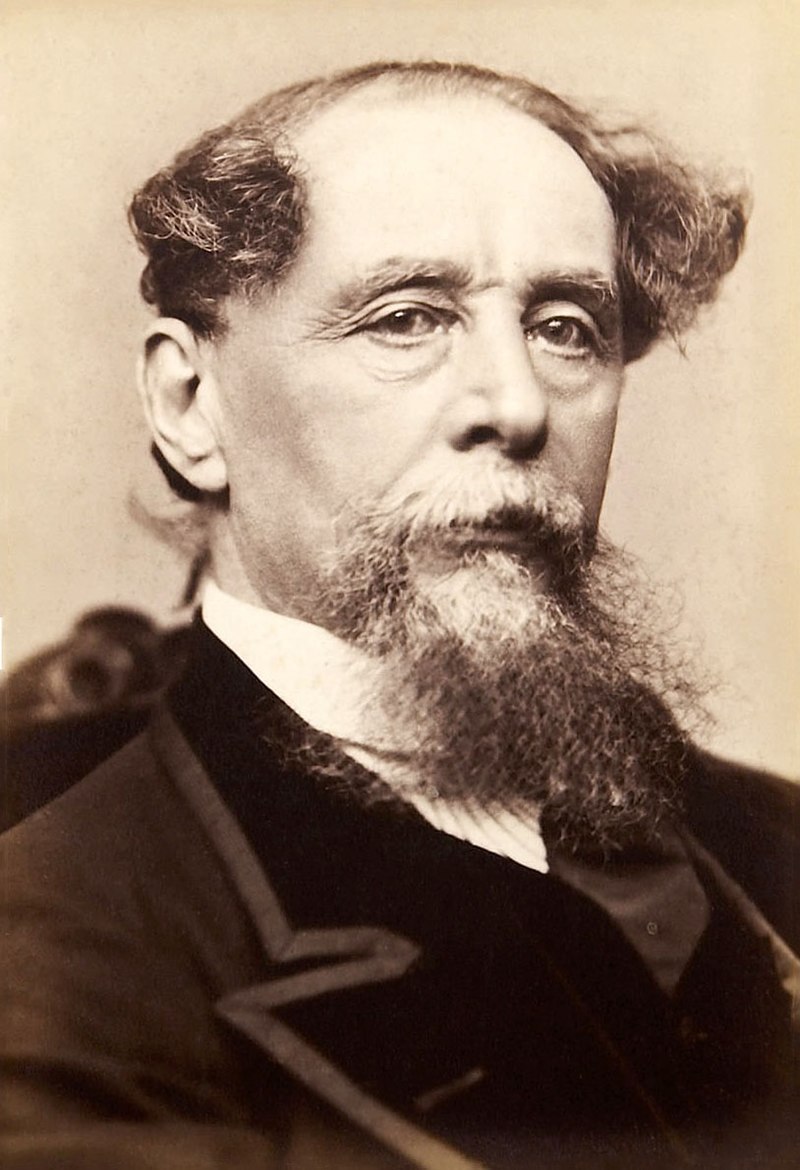
English novelist known for works like Great Expectations and A Christmas Carol. His stories highlight social injustices and the struggles of the poor during the Victorian era.
Zheng He (1371-1433 AD)
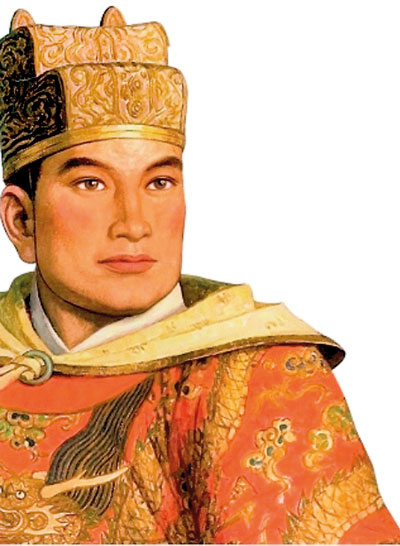
Chinese admiral and explorer who led seven maritime expeditions during the Ming Dynasty. His voyages expanded China’s influence and established trade networks across Asia and Africa.
Vladimir Lenin (1870-1924 AD)
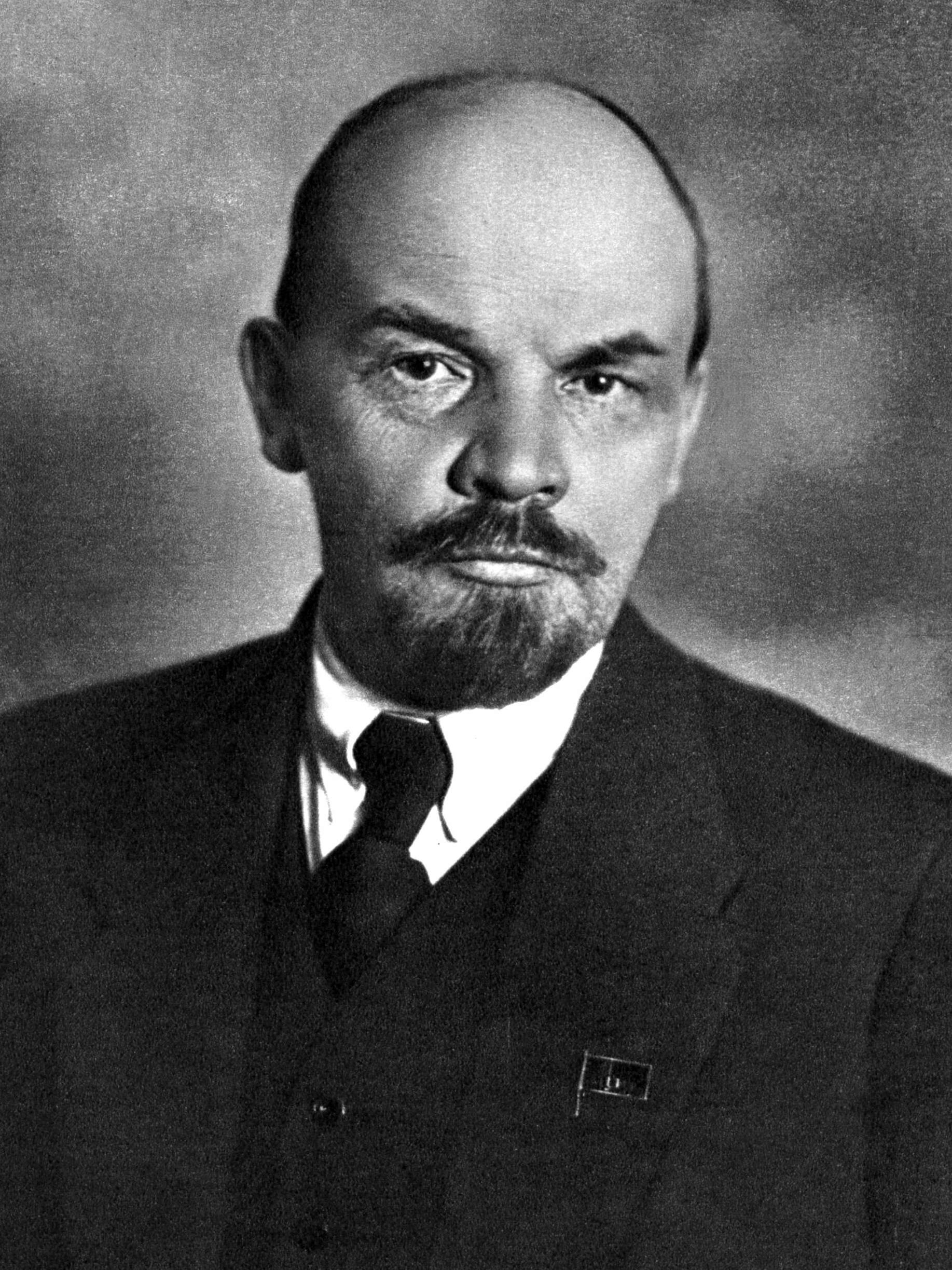
Leader of the Bolshevik Revolution and first head of Soviet Russia. Lenin's policies and leadership shaped the foundation of the Soviet Union.
Immanuel Kant (1724-1804 AD)

German philosopher who developed critical philosophy, emphasising ethics and human autonomy. His work Critique of Pure Reason profoundly influenced Western thought.
Read More:
seeing an owl at night spiritual meaning
how has the development of technology positively affected our wellness?
previous
Wisdomia.ai: Where Wisdom Builds Utopia With AI
next
Study Reveals The Most Valuable Retro Video Games and Consoles
Share this

Dinis Guarda
Author
Dinis Guarda is an author, entrepreneur, founder CEO of ztudium, Businessabc, citiesabc.com and Wisdomia.ai. Dinis is an AI leader, researcher and creator who has been building proprietary solutions based on technologies like digital twins, 3D, spatial computing, AR/VR/MR. Dinis is also an author of multiple books, including "4IR AI Blockchain Fintech IoT Reinventing a Nation" and others. Dinis has been collaborating with the likes of UN / UNITAR, UNESCO, European Space Agency, IBM, Siemens, Mastercard, and governments like USAID, and Malaysia Government to mention a few. He has been a guest lecturer at business schools such as Copenhagen Business School. Dinis is ranked as one of the most influential people and thought leaders in Thinkers360 / Rise Global’s The Artificial Intelligence Power 100, Top 10 Thought leaders in AI, smart cities, metaverse, blockchain, fintech.










